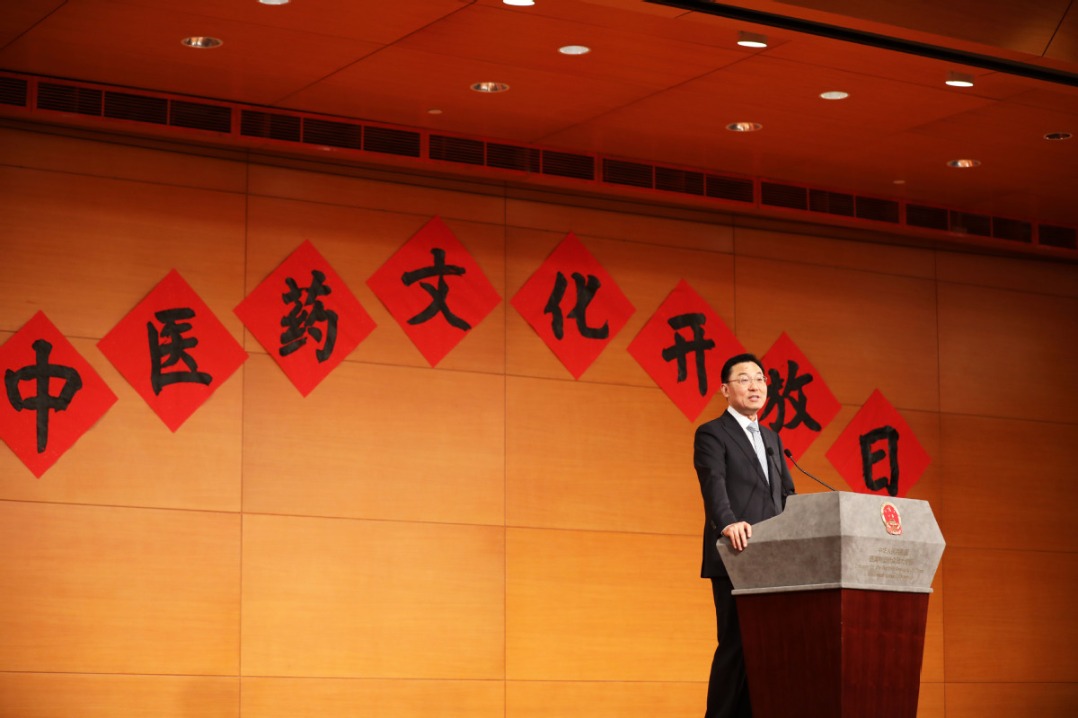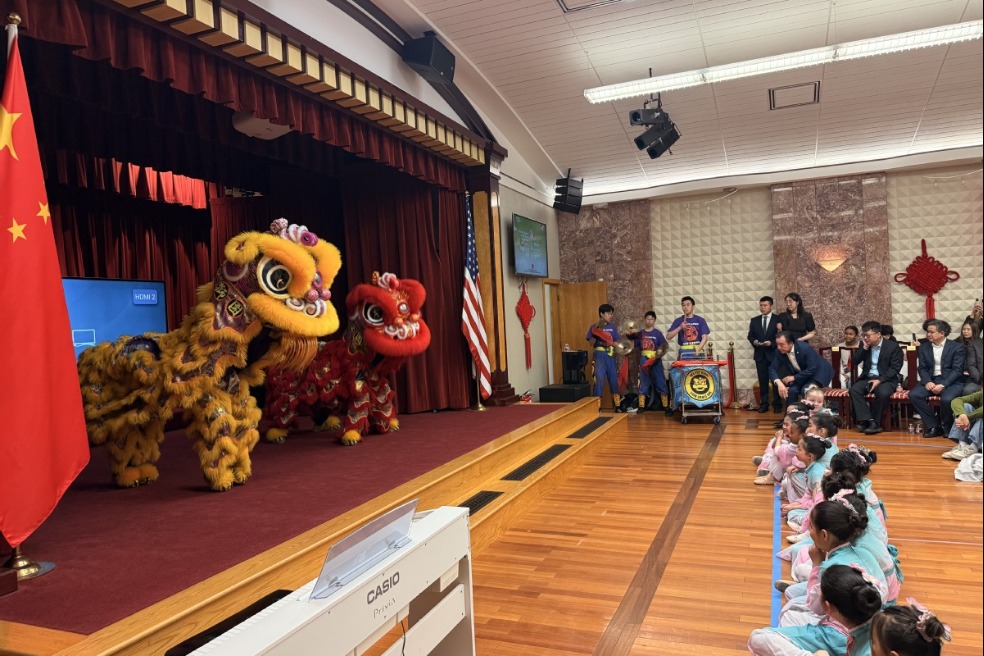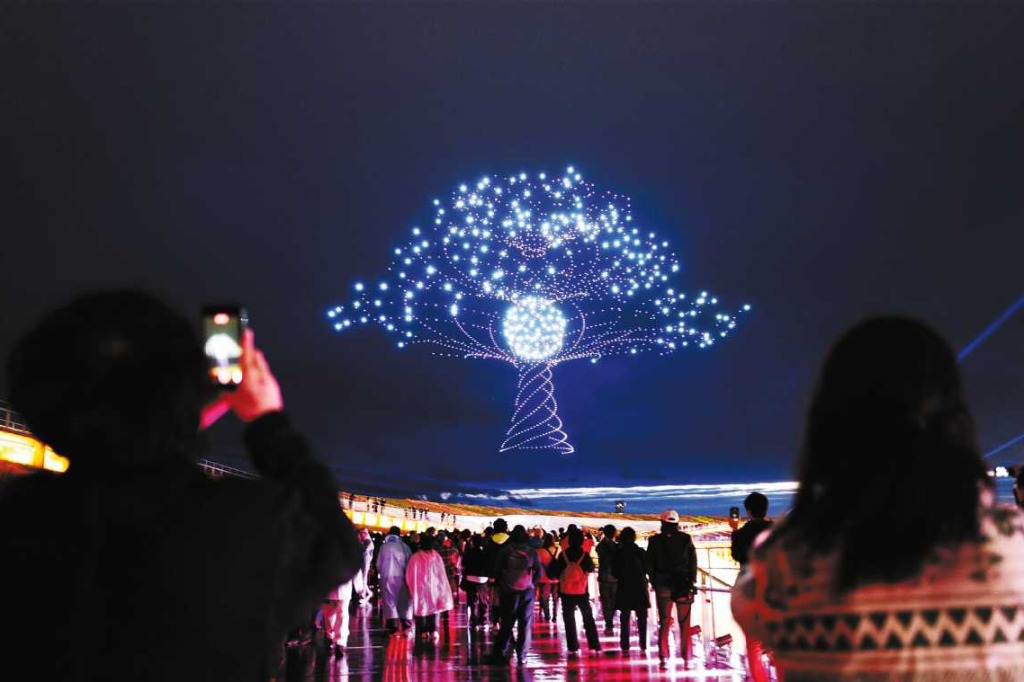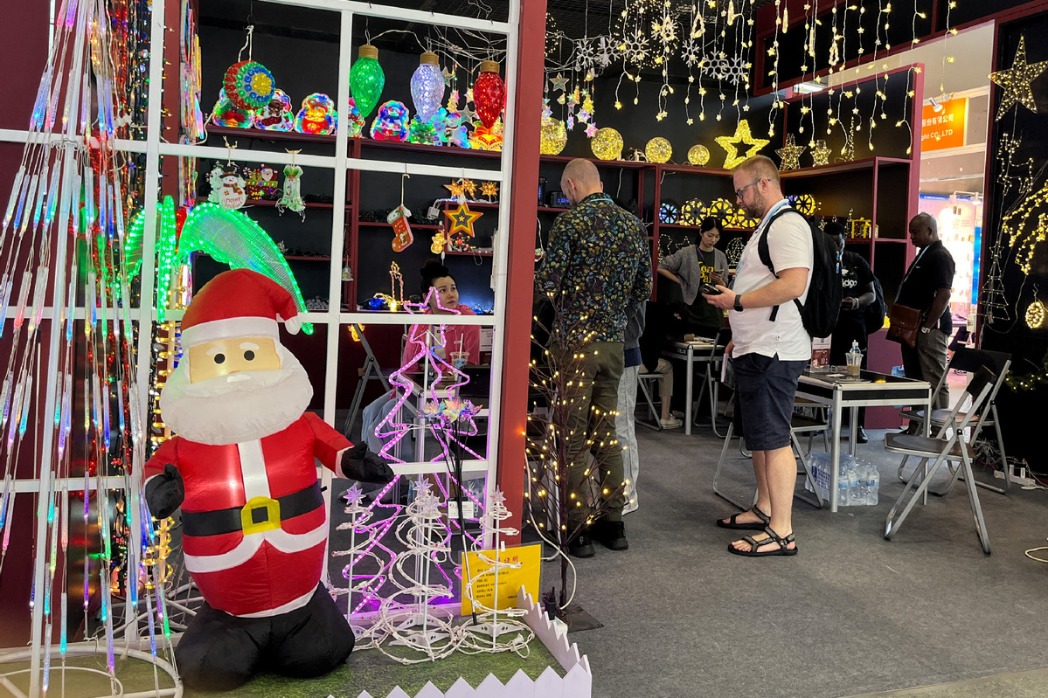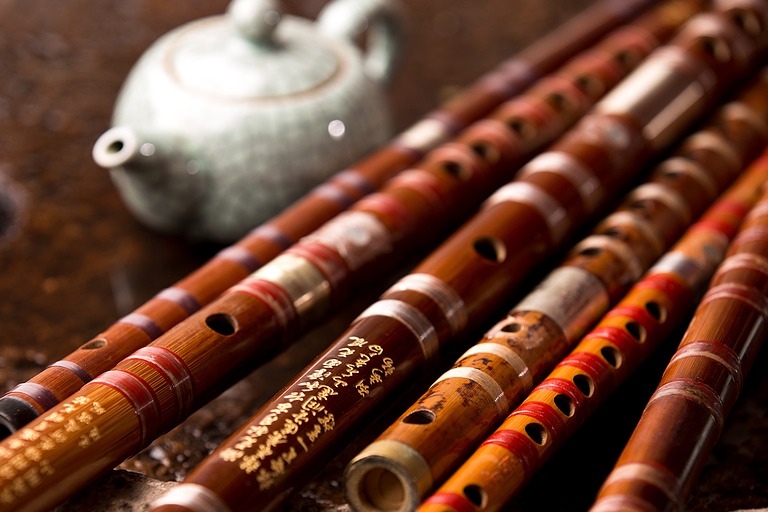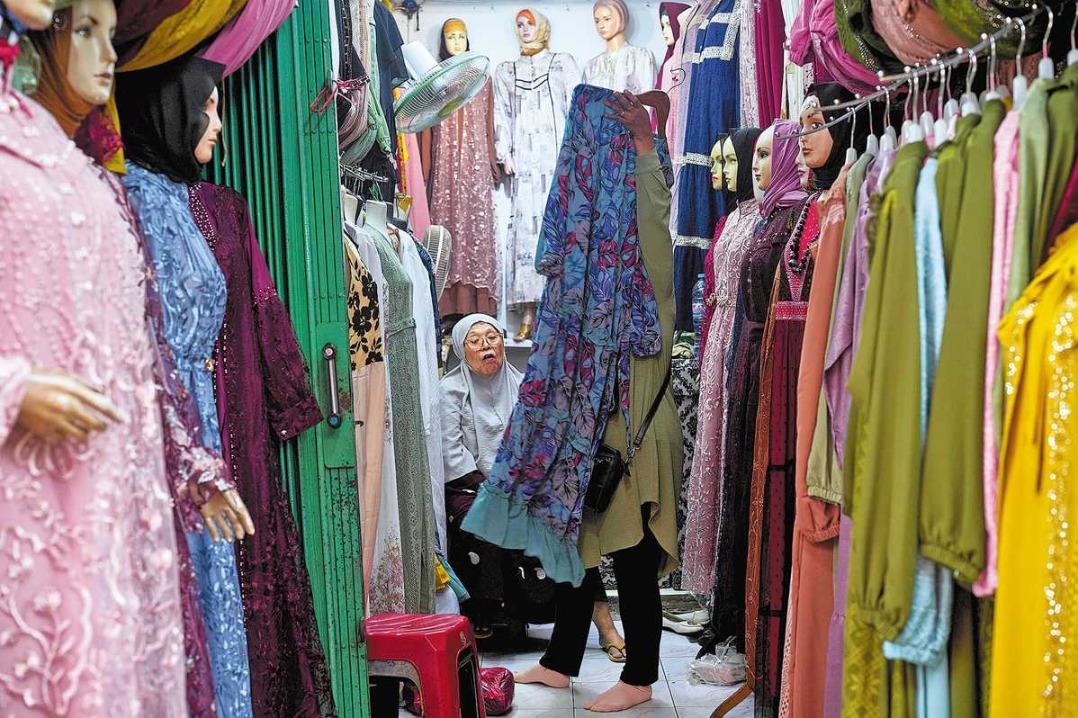Chinese Language Day celebrated in San Francisco

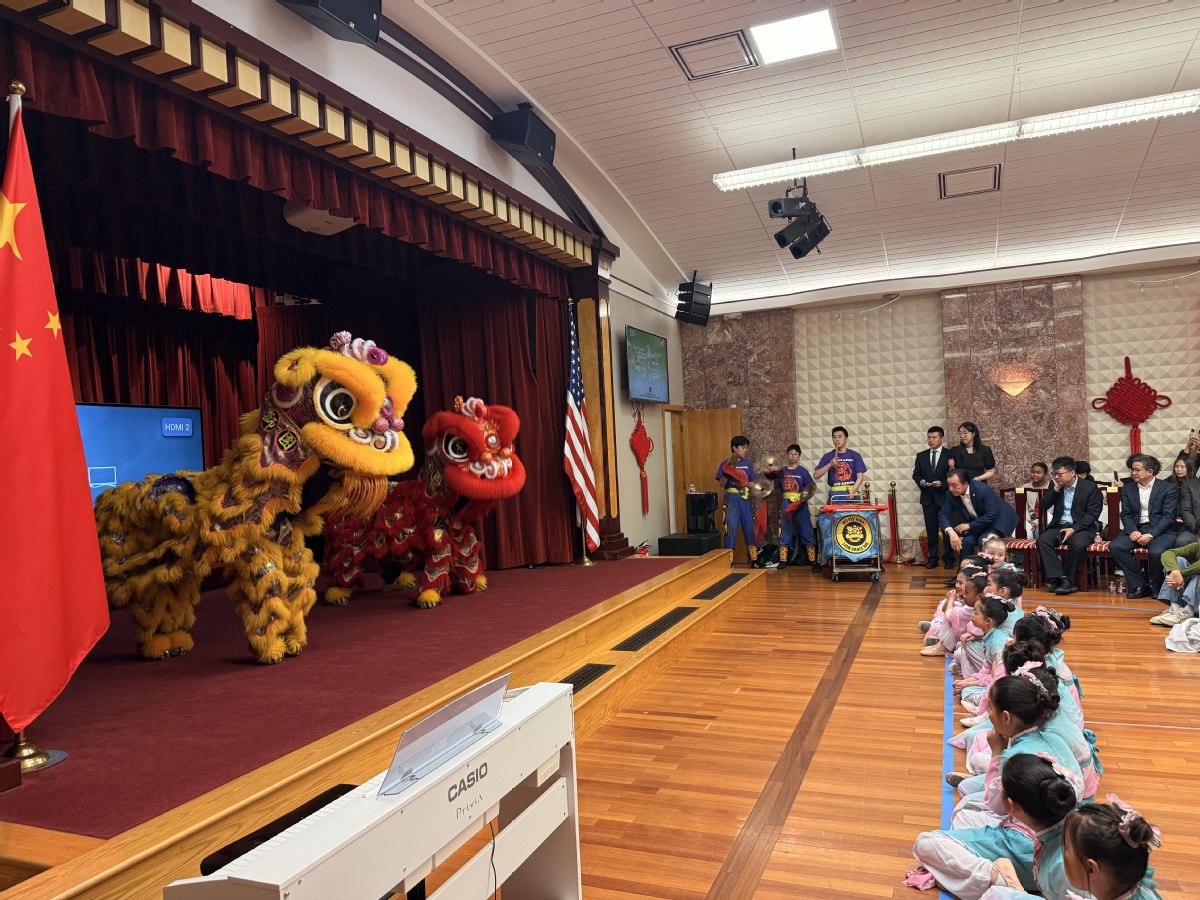
In the reception hall at the Chinese Consulate General in San Francisco, 16-year-old Eshaan Nair, in his white kung fu costume with dragon embroidery, demonstrated martial arts techniques honed over seven years of dedicated practice.
Dozens of students, parents and teachers watched in admiration during Saturday's Chinese Language Day celebration, where students showcased their appreciation for Chinese language and culture through various performances.
From playing traditional Chinese musical instruments and singing Chinese pop songs to presenting a fashion show or trying their hands at Chinese calligraphy and paper cutting, the young participants brought the rich cultural traditions to life with enthusiasm and skill.
For Nair, a student at James Logan High School, kung fu has become far more than just physical exercise. "I practice kung fu because I am always really interested in martial arts. And when I signed up for the kung fu school, I found that not only do I get new practices, but I also find a new family," he told China Daily.
The discipline required has transformed other aspects of his life. "Showing up to practice every single day is not easy. Once you master that, you are able to do pretty much anything that you put your mind to," Nair said. "After I started kung fu, I found that I was more able to put time and commitment towards things that are most important to me, like families, friends and practicing kung fu."
The event was held in recognition of Chinese Language Day — established by the United Nations in 2010 and observed annually on April 20. The date was selected from Guyu ("rain of millet"), which is the sixth of 24 solar terms in the traditional East Asian calendars, to pay tribute to Cangjie, the legendary inventor of Chinese characters. According to legend, when Cangjie created Chinese characters, the sky rained millet, leading Chinese people to celebrate the day in his honor.
During the celebration, award-winning pieces from an essay contest titled "China in My Eyes" were displayed, offering personal narratives of students' Chinese-learning experiences.
"We launched the Chinese essay contest last year. This regional contest invited students to share their personal experience and reflections with Chinese language and culture," said Jin Ying, executive director of the Chinese Language Association of Secondary-Elementary Schools (CLASS).
The organizer received more than 200 entries from five states—California, Idaho, Nevada, Oregon, and Washington. "Each essay was a heartfelt expression of curiosity and understanding and admiration," said Jin. "Their words are a powerful reminder of why we teach languages — to build bridges, cultivate empathy and inspire connection."
There has been "tremendous growth" of Chinese-language and cultural education in the United States, said Jin. "Over the past few decades, Chinese has emerged as one of the fast-growing world languages in American K-12 schools," she said, "Today, students across the country, from large urban centers to rural communities, are learning Chinese not just as a language, but as a gateway to understanding, connection and global citizenship."
Chinese Consul General in San Francisco Zhang Jianmin addressed the gathering, highlighting the significance of language learning.
"By celebrating the Chinese Language Day, we are actually celebrating cultural diversity, and by learning Chinese, you will find that it makes you more confident, makes you more well prepared, and gives you the key to open the door of many opportunities," he told the students. "It will enable you to understand better China's ancient history, and it will enable you to know much better the latest progress that is unfolding in China every day."
Zhang noted the importance of respecting cultural diversity while recognizing shared values across civilizations. "Even though we are different in our respective civilization, you will find that we share many fundamental values. Different civilizations share many common values, and these common values need to be promoted," he said.
He then pointed to specific Chinese cultural values that remain relevant today, such as mutual respect and mutual assistance. "By working together, we can bring about a better future. These values are still very relevant today, and I think it still can inspire people to handle things in a better way and try to work together to achieve a better outcome for everybody."
liazhu@chinadailyusa.com
















